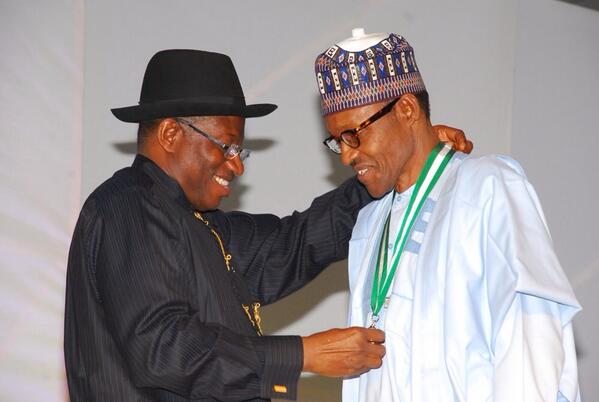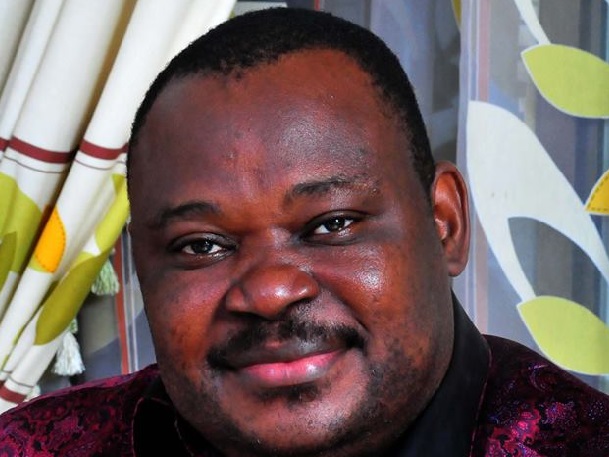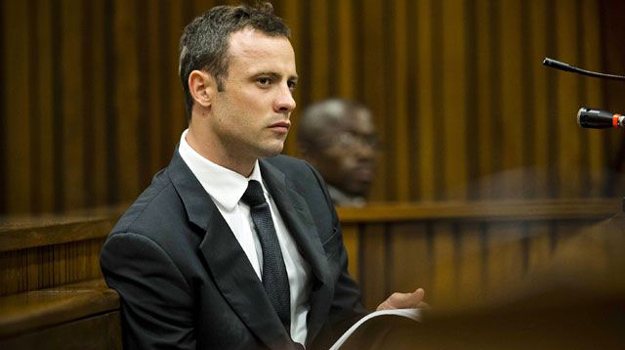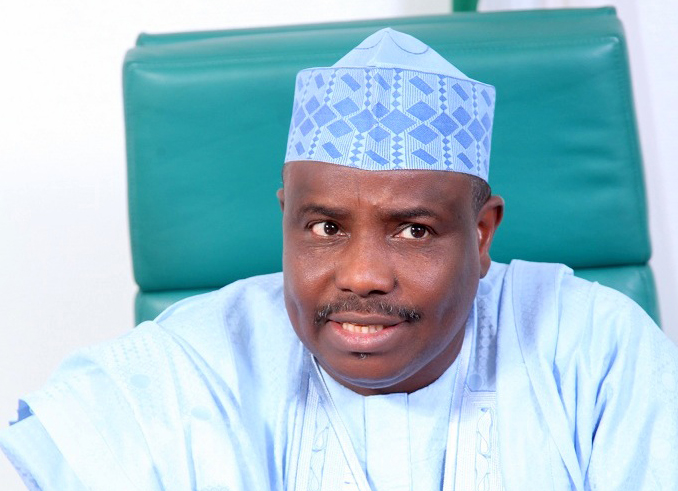REPS ON THE VERGE OF BYPASSING THE PRESIDENT

On Wednesday, members of the house of representatives voted to effect 71 amendments to different sections of the 1999 constitution. The house approved changes ranging from legislative immunity to local government autonomy, state creation, indigeneship and citizenship. In addition to approving independent candidacy in elections, the house also voted to bypass the president on bills that he doesn’t assent to within 30 days. While the representatives supported the adoption of referendum for state creation, they did not agree on the proposal to subject the national conference recommendations to a referendum. Among the 261 members that participated in the process, 252 members voted in favour of the amendments, eight voted against and one abstained.
With the results of the exercise, the house has met the two-third (240 out of 360) votes required to amend the constitution. The process is expected to continue at the senate and each house of assembly in the 36 states where two-third votes are also required to effect the proposed amendments. If the amendments are eventually passed at the senate and state levels, the removal of immunity clause might go a long way in limiting excesses and corrupt practices among public office holders. And the approval of independent candidacy in elections will see to it that nobody has to “pity himself” for picking up a N27.5m naira nomination form just to enlist in primaries.
FAYEMI OUT, FAYOSE IN

Ekiti state was in the spotlight on Thursday when Ayodele Fayose was sworn in as governor of the state. Fayose thanked the leadership of the People’s Democratic Party (PDP) for their support. While seizing the opportunity to pick at the former government of Kayode Fayemi of the All Progressives Congress (APC), the new governor was full of gratitude to the people of Ekiti for standing by him through the years. He described his return as the governor of Ekiti state as a divine mandate, noting that he was the first son of Ekiti to govern the state twice and the first Nigerian politician to defeat two incumbents at various times.
Advertisement
Fayose held nothing back to demonstrate his commitment to the welfare of his people. “I am the governor of your imagination, the governor that eats boli with you, the governor that drinks agbo jedi with you, the governor that knows that the resources of the state belong to you,” he said.
As if to immediately demonstrate his “unfettered desire” to serve the people with the resources of the state, he announced that “When I come to buy boli tomorrow, I will drop something.” He added that he would appoint a special adviser for stomach infrastructure (which he did a few hours after) – indirectly getting back at the opposition party which had attributed his victory at the polls to “stomach infrastructure”. Fayose did not stop at that – he also invited the jubilant crowd to pass the night in the hallowed chambers of the state house in continuation of the celebration. If this is what it takes to be “the people’s governor”, then Fayose is certainly one.
BOKO HARAM CEASEFIRE: TO BE OR NOT TO BE?

Advertisement
Alex Badeh, an air chief marshal and chief of defence staff, announced on Friday that Boko Haram had agreed to a ceasefire. The group had also agreed to release the abducted Chibok girls in batches. The deal was reportedly brokered by Idriss Deby Itno, president of Chad. This was certainly the ‘best good news’ Nigerians had in the week until insurgents carried out fresh attacks on two villages – Abadam and Dzur – in Borno state, killing at least nine persons on Friday and Saturday.
The news of the ceasefire had generated mixed reactions, with some people delighted while others were skeptical. Ahmad Sakilda, the only Nigerian journalist to have related closely with Boko Haram, was one of those who dismissed the news. He was worried that the government did not understand that Boko Haram “is an ideology that can only be neutralised after long hard work that is yet to start”. Is Sakilda right in dismissing the news of the ceasefire? Or could the recent attacks have been carried out by faction of the group which rebelled against the truce deal? Soon, we will know. Soon.
Add a comment






